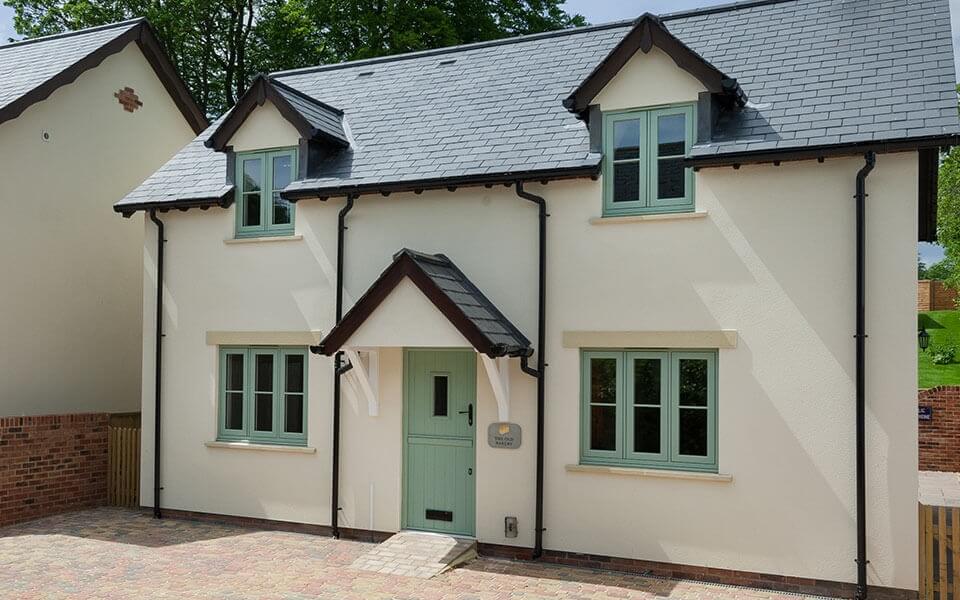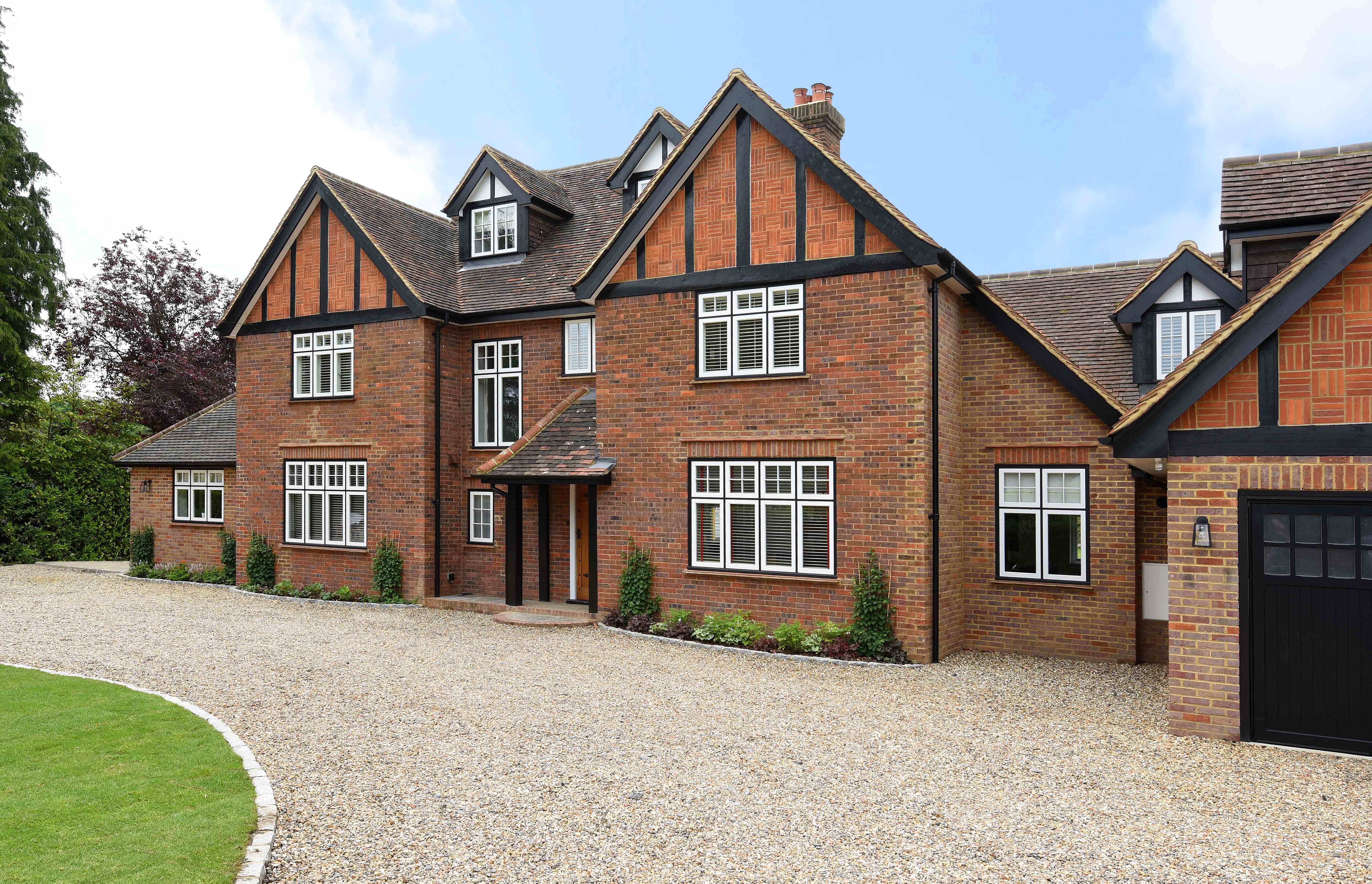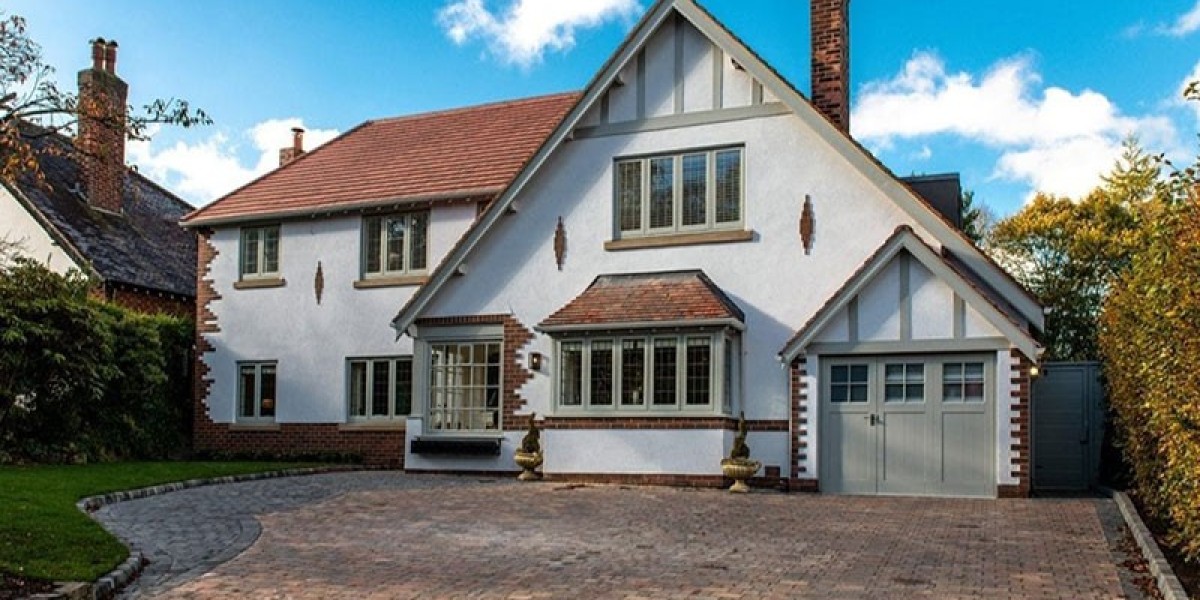Double glazing has become a popular choice for homeowners seeking to improve energy efficiency, reduce noise pollution, and enhance the aesthetic appeal of their properties. This observational research article aims to explore the various aspects of double glazing, including its benefits and challenges, as observed in different residential settings. Through a combination of field observations, interviews with homeowners, and analysis of energy consumption data, this article provides a comprehensive overview of the impact of double glazing on modern living.
Overview of Double Glazing
Double glazing refers to the installation of two panes of glass in a window frame, with a space between them filled with air or gas, such as argon. This design creates an insulating barrier that reduces heat transfer, thereby improving energy efficiency. The primary purpose of double glazing is to minimize heat loss during colder months and reduce heat gain in warmer months, making homes more comfortable year-round.
Benefits of Double Glazing
Energy Efficiency
One of the most significant advantages of double glazing is its ability to enhance energy efficiency. Observations from various residential neighborhoods indicate that homes fitted with double-glazed windows often experience lower energy bills. Homeowners reported a noticeable difference in temperature regulation, with many stating that their heating and cooling systems operated less frequently than before installation. According to energy consumption data collected from these households, homes with double glazing showed a reduction in energy usage of up to 20% compared to those with single-pane windows.
Noise Reduction
Another benefit of double glazing is its effectiveness in reducing external noise. In urban areas, where street noise can be a significant disturbance, homeowners have expressed satisfaction with the soundproofing qualities of double-glazed windows. Interviews revealed that residents living near busy roads or construction sites experienced a marked decrease in noise levels, leading to improved quality of life and better sleep patterns. Field observations confirmed that homes with double glazing had a more tranquil indoor environment, even in bustling neighborhoods.

Increased Property Value
Double glazing can also enhance the aesthetic appeal of a home while increasing its market value. Observations of real estate listings indicated that properties with double-glazed windows often attracted higher offers and sold more quickly than those without. Homeowners noted that the modern appearance of double-glazed windows contributed positively to curb appeal, making their homes more attractive to potential buyers. This aspect was particularly evident in neighborhoods experiencing gentrification, where upgraded windows were seen as a sign of investment and care.
Challenges of Double Glazing
Despite its numerous benefits, double glazing is not without challenges. Homeowners and contractors alike have pointed out several issues that can arise during and after installation.
Cost of Installation
The initial cost of installing double glazing can be a significant barrier for many homeowners. Observational data revealed that while some residents viewed double glazing as a long-term investment, the upfront costs deterred others from making the switch. Interviews with homeowners indicated that financing options and government incentives could play a crucial role in encouraging more widespread adoption of double glazing. However, the perception of high costs remains a significant challenge in the market.

Maintenance and Repair
Another challenge associated with double glazing is the maintenance and repair of sealed units. Field observations highlighted that over time, some double-glazed windows develop condensation between the panes, leading to reduced visibility and aesthetic appeal. Homeowners reported frustration at the inability to easily clean or repair these units, often requiring complete replacement at a considerable expense. Additionally, the longevity of double-glazed windows can vary based on installation quality and environmental factors, leading to mixed experiences among homeowners.
Aesthetic Considerations
While many homeowners appreciate the modern look of double glazing, others expressed concerns about the potential impact on the character of older homes. Observations in historic neighborhoods indicated a divide among residents regarding the visual compatibility of double glazing with traditional architecture. Some homeowners opted for double-glazed units that mimicked the appearance of single-pane windows, while others struggled to find solutions that satisfied both energy efficiency and aesthetic integrity.
Conclusion
The observational research conducted on double glazing reveals a complex landscape of benefits and challenges. While double glazing significantly enhances energy efficiency, reduces noise pollution, and can increase property value, it also presents challenges related to cost, maintenance, and aesthetic compatibility. Homeowners considering double glazing must weigh these factors carefully, taking into account their specific circumstances and preferences.
As the demand for energy-efficient solutions continues to grow, it is likely that innovations in double glazing technology will emerge, addressing current challenges while maintaining the benefits. Ultimately, double glazing represents a valuable option for homeowners seeking to improve their living environments, contributing to a more sustainable and comfortable future. Through continued observation and research, stakeholders in the home improvement industry can better understand the needs and preferences of consumers, paving the way for advancements that enhance the double glazing experience for all.






